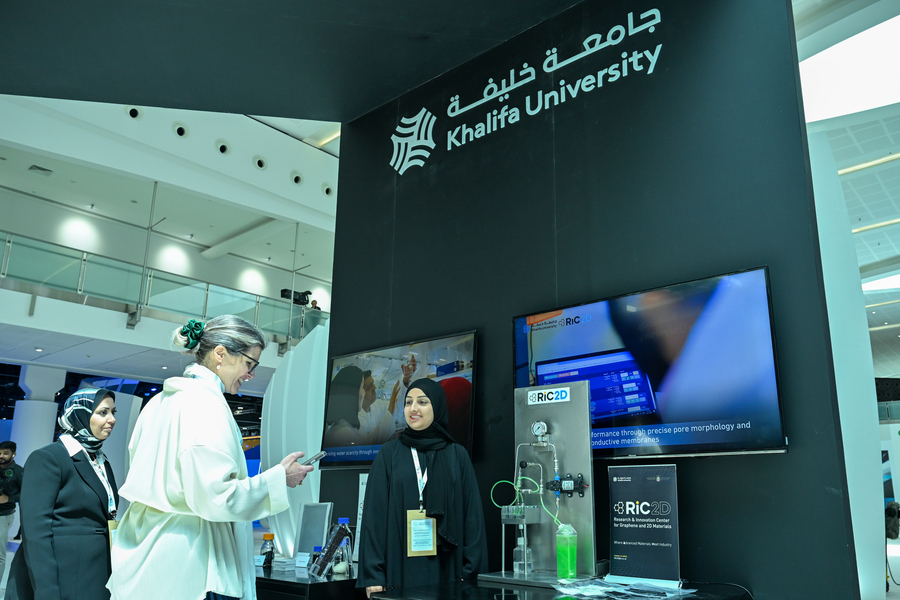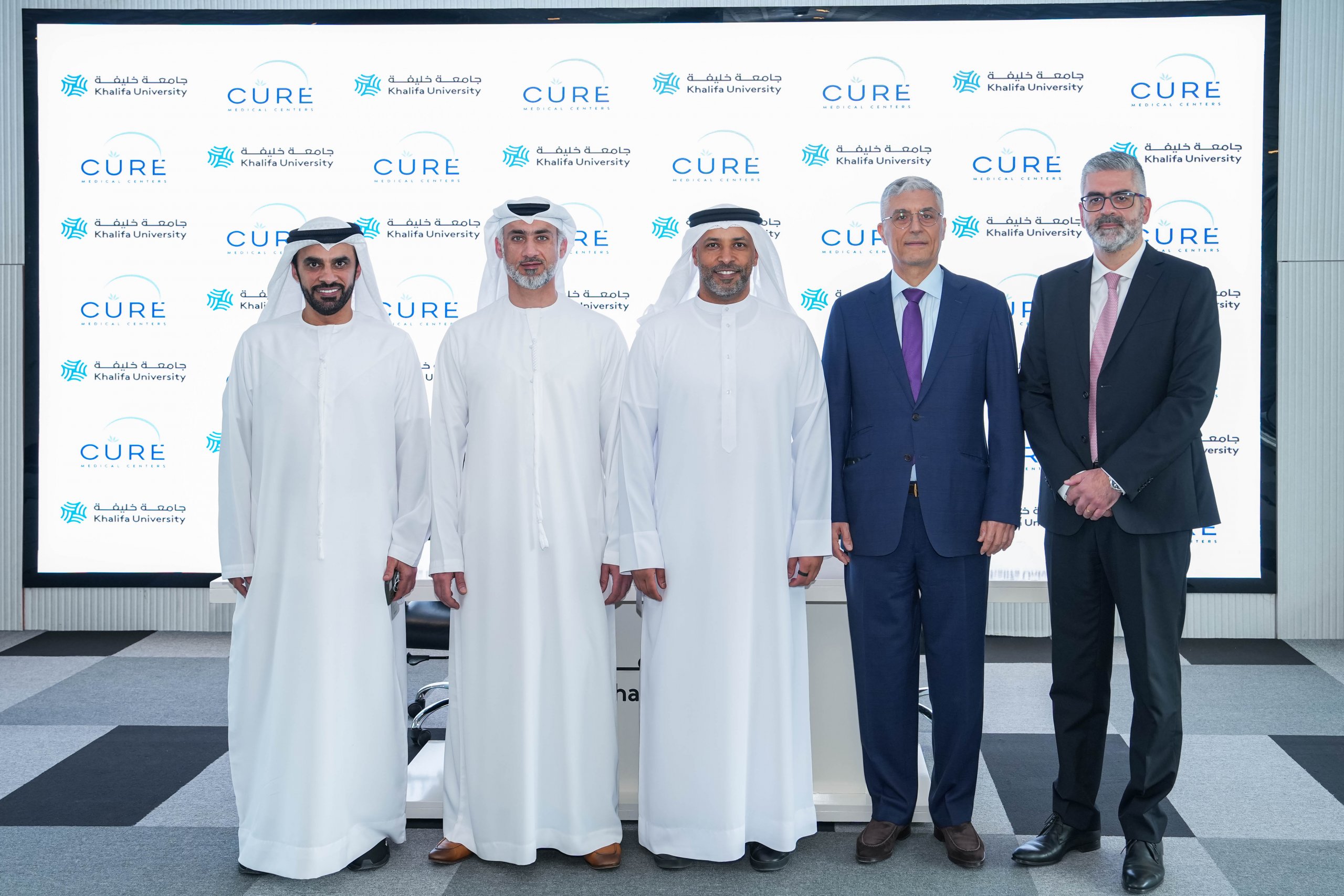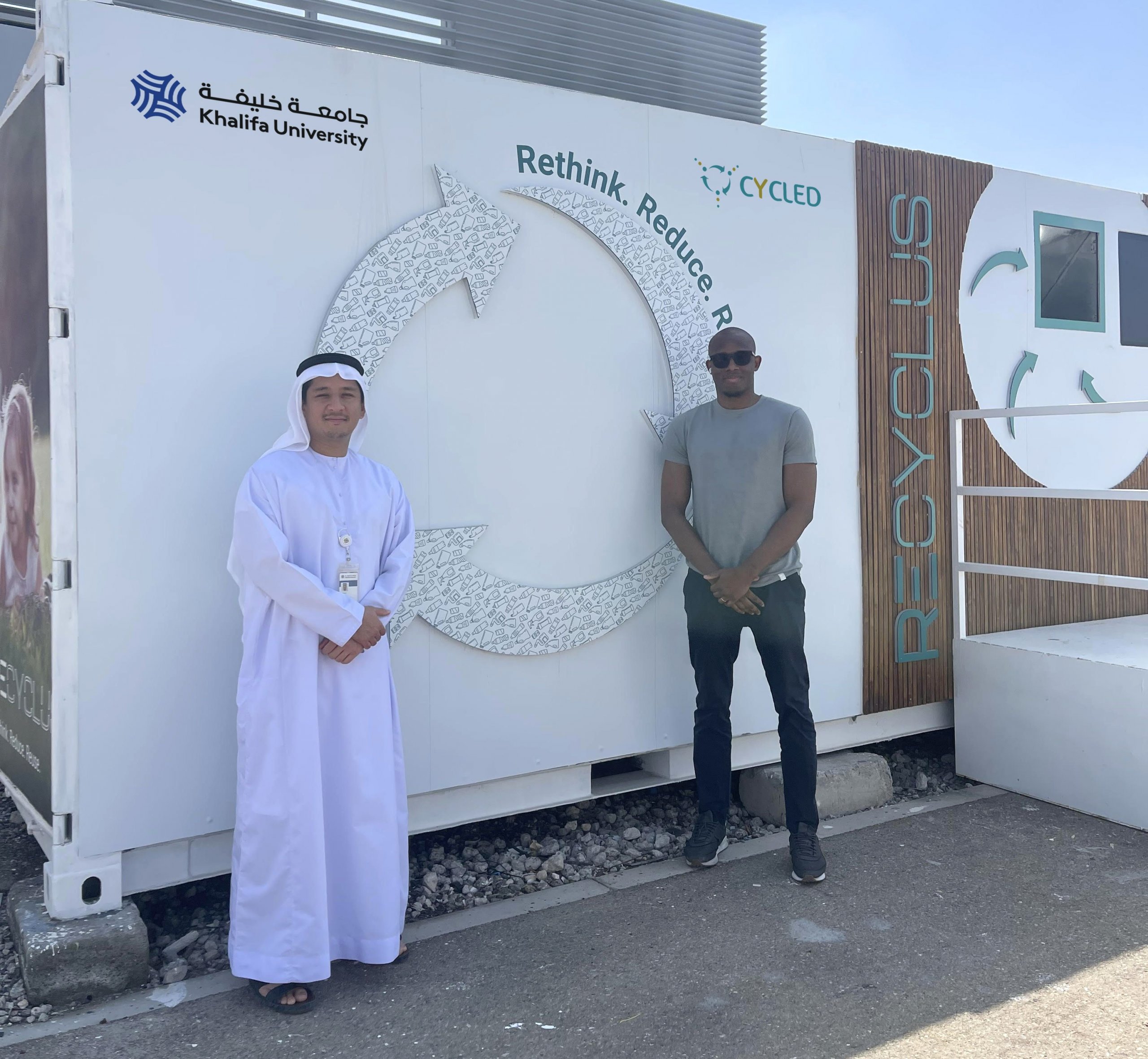Far-reaching Move Aims to Effectively Take Research-Based Institution to Next Phase of Growth
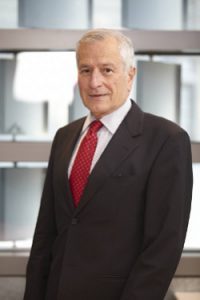 Abu Dhabi-UAE: 25 September, 2013 – Masdar Institute of Science and Technology, an independent, research-driven graduate-level university focused on advanced energy and sustainable technologies, today announced a far-reaching regrouping of the academic programs, laying the ground for its next stage of growth in the coming years.
Abu Dhabi-UAE: 25 September, 2013 – Masdar Institute of Science and Technology, an independent, research-driven graduate-level university focused on advanced energy and sustainable technologies, today announced a far-reaching regrouping of the academic programs, laying the ground for its next stage of growth in the coming years.
The establishment of academic departments aims to enable Masdar Institute to deliver on its mandates of capacity building and knowledge generation to support Abu Dhabi’s strategic sectors as proposed by the emirate’s Vision 2030 Plan.
The four departments are the Department of Electrical Engineering and Computer Science (EECS), Department of Engineering Systems and Management (ESM), Department of Mechanical and Materials Engineering (MME) and the Department of Chemical and Environmental Engineering (CEE).
Dr Fred Moavenzadeh, President, Masdar Institute, said: “The regrouping of the academic programs creates a very strong synergy amongst the programs, and new opportunities for interdisciplinary research.. The new structure will more effectively impart academic skills and expertise to graduate students in line with the knowledge-economy objectives as spelt out in the Vision 2030 plan by the country’s wise leadership. As Masdar Institute moves to its next phase of expansion and growth, we believe this new structure will provide an impetus in consistently achieving our academic goals.”
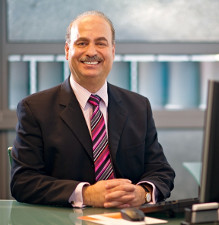 Dr Nidal Hilal, Acting Provost, Masdar Institute, said: “The rearrangement is basically a clustering effort to achieve our objective for a highly integrated multidisciplinary education and research. This will in no way result in any change to the programs currently offered for Master’s degree. The new departments will provide more effective leadership as there will be four Department Heads instead of nine program heads and these Heads are being given more responsibility for faculty development and evaluation under the leadership of the Dean of Faculty. Eventually, we hope to increase the total number of faculty to more than 120 over the next few years and the new structure will allow for more effective management of the faculty and the academic matters. .”
Dr Nidal Hilal, Acting Provost, Masdar Institute, said: “The rearrangement is basically a clustering effort to achieve our objective for a highly integrated multidisciplinary education and research. This will in no way result in any change to the programs currently offered for Master’s degree. The new departments will provide more effective leadership as there will be four Department Heads instead of nine program heads and these Heads are being given more responsibility for faculty development and evaluation under the leadership of the Dean of Faculty. Eventually, we hope to increase the total number of faculty to more than 120 over the next few years and the new structure will allow for more effective management of the faculty and the academic matters. .”
Fundamentally, the eight Master’s programs will remain the same within the new structure, but are grouped under four clusters. The Department of Electrical Engineering and Computer Science (EECS) to be headed by Dr. Hatem Zeineldin will include ‘Electrical Power’, ‘Microsystems’ and ‘Computing and Information Science’ programs, while the Department of Engineering Systems and Management (ESM) to be headed by Dr. Mohammad Omar will include ‘Engineering Systems and Management’ and a new program expected to be launched soon focusing on Sustainable Critical Infrastructure.
The ‘Mechanical Engineering’ and ‘Materials Science and Engineering’ programs will be brought under the Department of Mechanical and Materials Engineering (MME) that will be headed by Dr. Daniel Choi. At the same time, ‘Chemical Engineering’ and ‘Water and Environmental Engineering’ programs will come under the Department of Chemical and Environmental Engineering (CEE) that will be led by Dr. Hosni Ghedira.
The four departments will integrate with the Institute research centers through appropriate councils and platforms. The integrated approach is expected to bring increased visibility to the Institute’s current areas of research strength and widen stakeholder engagement, while identifying and fostering new areas of research in core domains aligned with the UAE’s evolving research and human capital needs.
Serving as a key pillar of innovation and human capital, Masdar Institute remains fundamental to Masdar’s core objectives of developing Abu Dhabi’s knowledge economy and finding solutions to humanity’s toughest challenges such as climate change.
Established as an on-going collaboration with the Massachusetts Institute of Technology (MIT), Masdar Institute integrates theory and practice to incubate a culture of innovation and entrepreneurship, working to develop the critical thinkers and leaders of tomorrow. With its world-class faculty and top-tier students, the Institute is committed to finding solutions to the challenges of clean energy and climate change through education and research.



